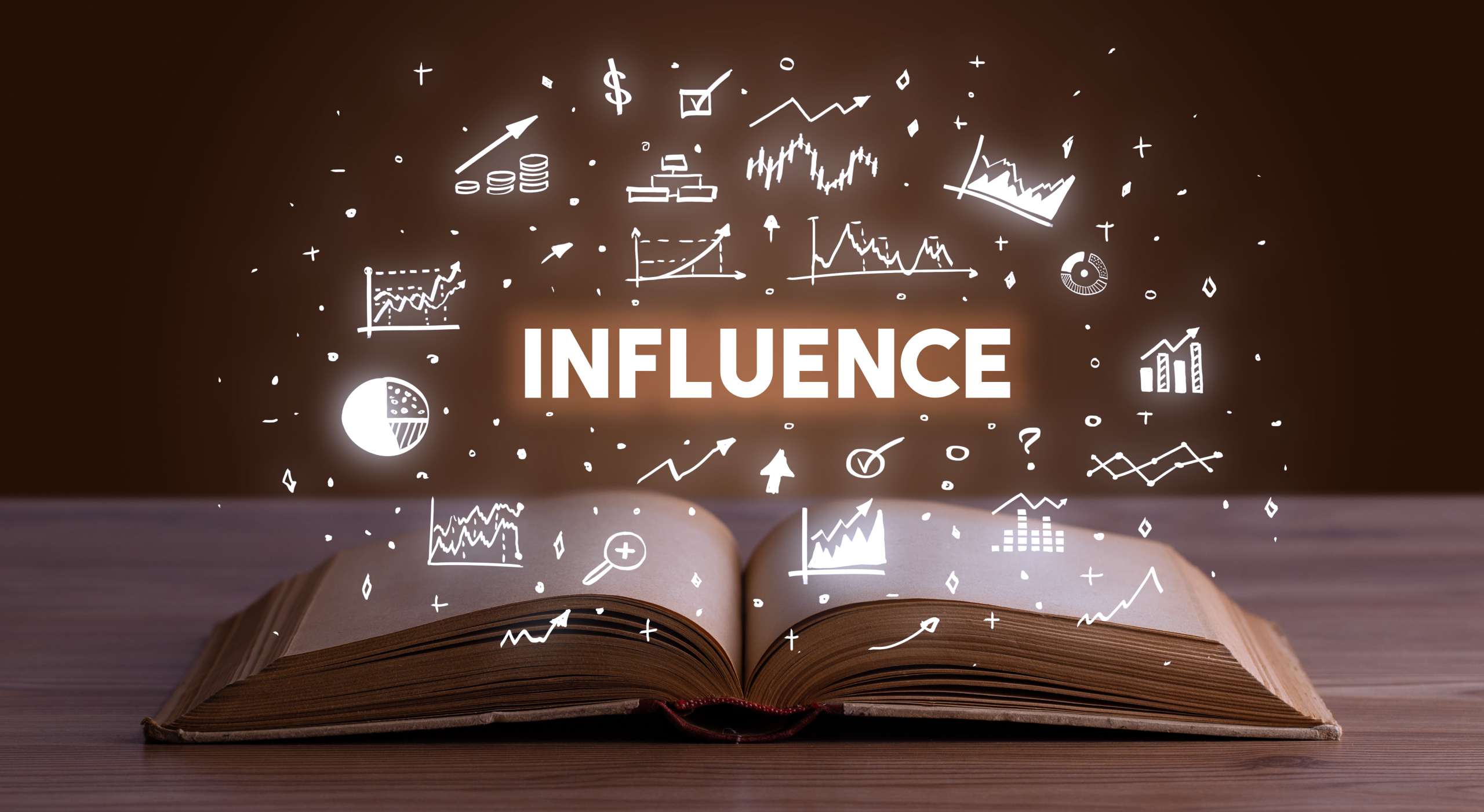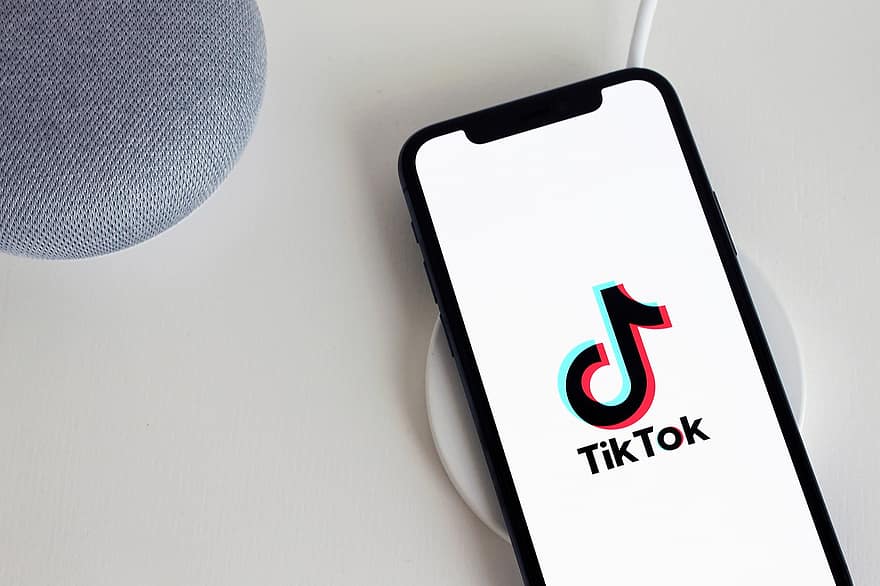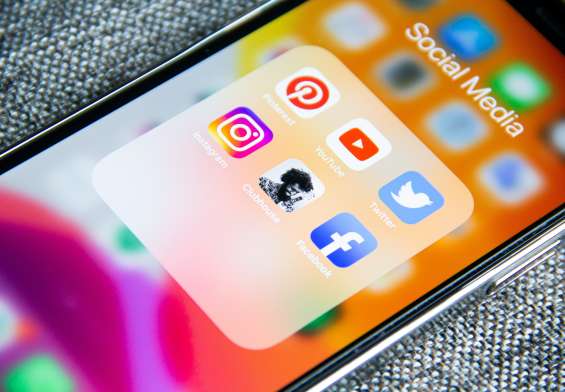Everywhere I scroll, someone seems to be telling me what to purchase, how to look, and what lifestyle to live, whether they’re promoting products or simply attempting to gain a following. Influencers’ online presences are growing, as is consumer trust in them, allowing individuals’ purchasing habits to be greatly influenced by their content. This has proven to be difficult. Influencers have influenced overconsumption in a variety of ways, particularly in the fashion and beauty industries. It’s safe to say that people are buying more than they need in the name of trends, with content like $500 clothing hauls and videos of shelves overflowing with different brands of blush.
Influencers will be indistinguishable from Hollywood personalities by 2023. Take TikTok’s Madeleine White, who was an important guest at this year’s prestigious Grammy Awards, or Charli D’Amelio, who Forbes has included twice in its “Top 7 Highest Paid TikTok Stars”. Influencing is one of the most desirable — and lucrative — professions available. Beauty content producers, in particular, have a devoted following.
Mikayla Nogueira, Meredith Duxbury, and Alix Earle have cemented their influence on millions in the last year, with ‘get ready with me’ videos, makeup tutorials, and skincare roundups flooding our feeds. Hundreds of makeup, skin, and hair products have gone viral solely due to influencer suggestions. Just a few examples include Dior Addict Lip Glow Oil, Caudalie Instant Detox Mask, and Rare Beauty Soft Pinch Liquid Blush.
What is influencing?
To understand de-influencing, you first need to understand what influencing is. If you spend any amount of time on the internet, particularly on social media platforms such as Instagram and TikTok, you are no stranger to influence. To influence is, by definition, to “have an influence on,” but the word has taken on a whole new meaning in the modern era. It’s a new marketing technique that uses social media creators to promote specific products and services.
We’ve all seen the classic examples of the internet influencing our daily browsing habits. It could be a cute girl showing you her favorite beauty products in a nicely edited video, or it could be a quick outfit check story. It’s all perfect ‘get ready with me’ vlogs and ‘dupe’ videos. Along with the content, these appealing posts are typically labeled with a “paid promotion” disclaimer. The content of the posts or the person displaying them simply makes you want to buy something – and presto! You’ve been influenced!
Though internet influencing can benefit not only the companies that use it, but also the influencers, more and more consumers are realizing that it’s not a great model for promotion and consumption. Influencing has become overdone; it fuels overconsumption and shopping addictions, makes the consumer feel empty and excluded by determining trends, and frequently encourages unsustainable practices at a time when we should be concerned with the opposite.
What is de-influencing?
Now that we understand the act of influencing, it’s pretty easy to understand what de-influencing means. De-influencing is exactly what is sounds like- the opposite of influencing. De-influencing seeks to counteract the insatiable desire and craving for material goods that is often promoted by internet influencers and trends. Users are waking up to the fact that they don’t need twelve mascaras or fifteen different colors of the same tank top. De-influencing is essentially the rejection of influencer culture, which consumers have had enough of. It feels like a very brave declaration, especially in our American society, which constantly promotes the desire for more.
So far, the hashtag #deinfluencing has received 151.5 million TikTok views. There, you’ll see beauty junkies delving into the claims of game-changing moisturizers, revolutionary serums, and magical concealers. Instead of waxing lyrical about gleaming new releases, they advise their followers on what not to buy or share the best affordable dupes. It’s no secret that we’re blowing record amounts of money on cosmetics. According to data, the global beauty industry market is worth $511 billion. Influencers also make a lot of money recommending products, whether organically or through sponsored posts. The influencer market is expected to be worth $17.4 billion by the end of 2023.
All of this is not to say that purchasing items that make you happy is a bad thing. It’s okay to want certain things when they’ll make you happy when you’re down. One small purchase here and there for the sake of your own sanity is a habit I am very familiar with, and it is acceptable in our society to feel tired, depressed, and on the lookout for more. One of the primary motivations for de-influencing is to get you, the consumer, to reconsider your purchasing habits and reject the desire to be ‘on trend.’
Is de-influencing a good thing, or just another trend?
Experts believe that de-influencing was unavoidable sooner or later. Trina Albus has 25 years of experience as a marketer, digital content creator, and beauty expert. Trina says, “”TikTok users value authenticity and they are not afraid to call anyone out if they feel they are being inauthentic.” This exact situation occurred very recently. Last month, in an ad, beauty influencer Mikayla Nogueira (who has 14.4 million followers on TikTok) promoted L’Oréal Paris Telescopic Lift Mascara but was accused by viewers of wearing false lashes. Some of Nogueira’s followers were convinced she had enhanced her look with Ardell Wispies false eyelashes, and plenty felt they had been lied to. In response to a follower who accused her of denying wearing false lashes, Mikayla wrote: “These comments are literal proof that this mascara is the shit.”
On TikTok, such behavior is not tolerated. It took millions of viewers’ rose-colored glasses off as they blindly trusted funny and personable creators like Nogueira or looked to influencers for genuine recommendations. TikTok users coined the hashtag #mascaragate. If Nogueira had worn false lashes, she would not have technically broken any laws, and the video was clearly labeled as a paid collaboration. However, there is much to be said about how both beauty brands and content creators should be as honest as possible when attempting to test beauty products on camera.
Regulatory bodies are cracking down on potential deception. The Advertising Standards Authority (ASA) recently ordered beauty brands and influencers to stop using filters in social media campaigns, citing “misleading” viewers. Since then, a few advertisements have been condemned for breaking the rules.





